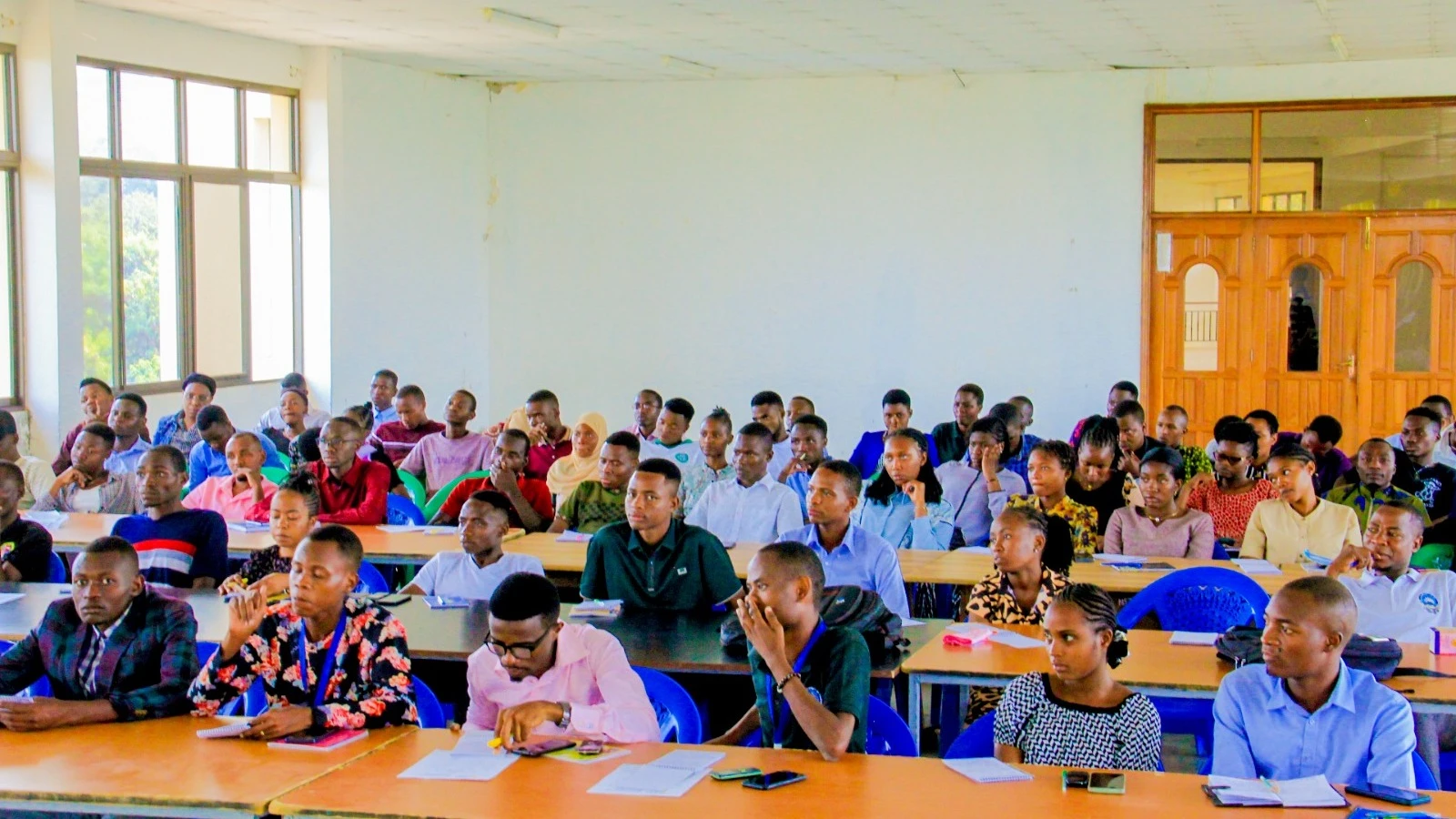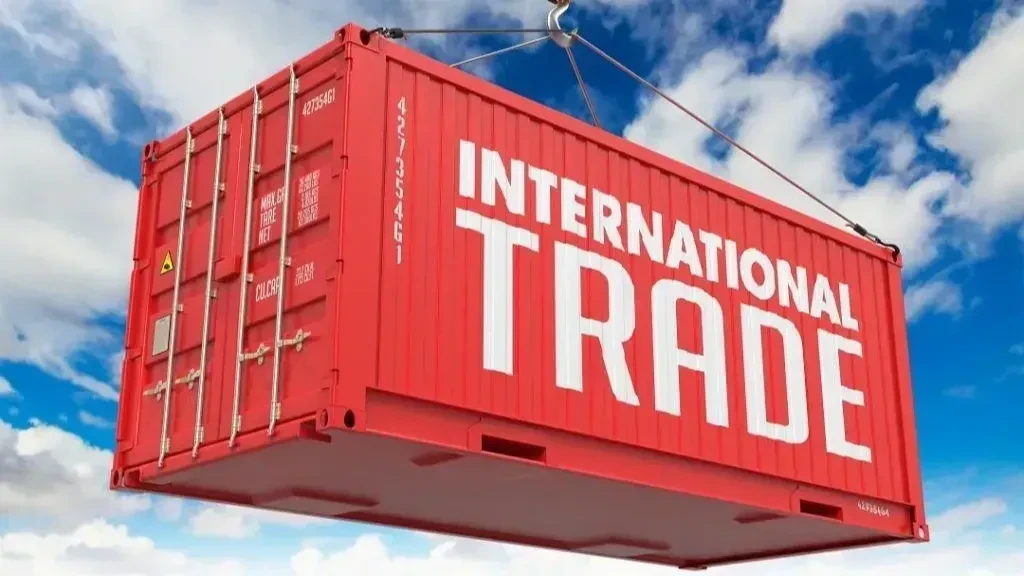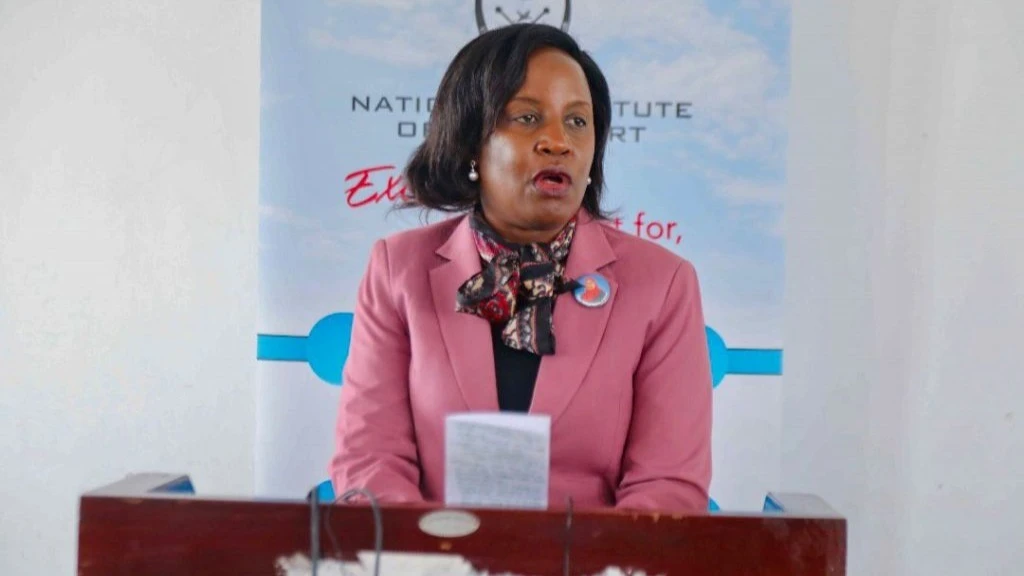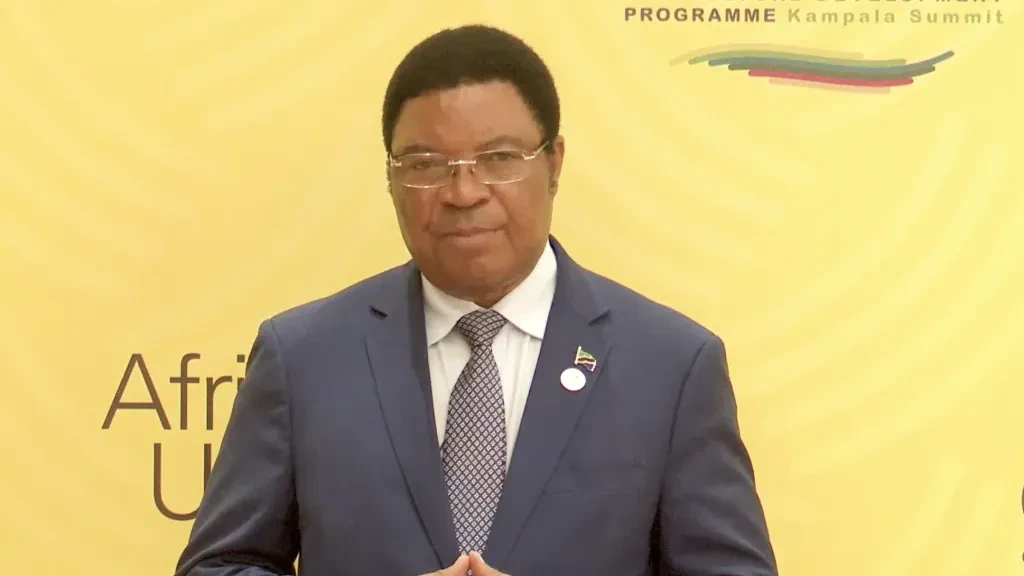US pivots Tanzania: Trade, investment lead partnership
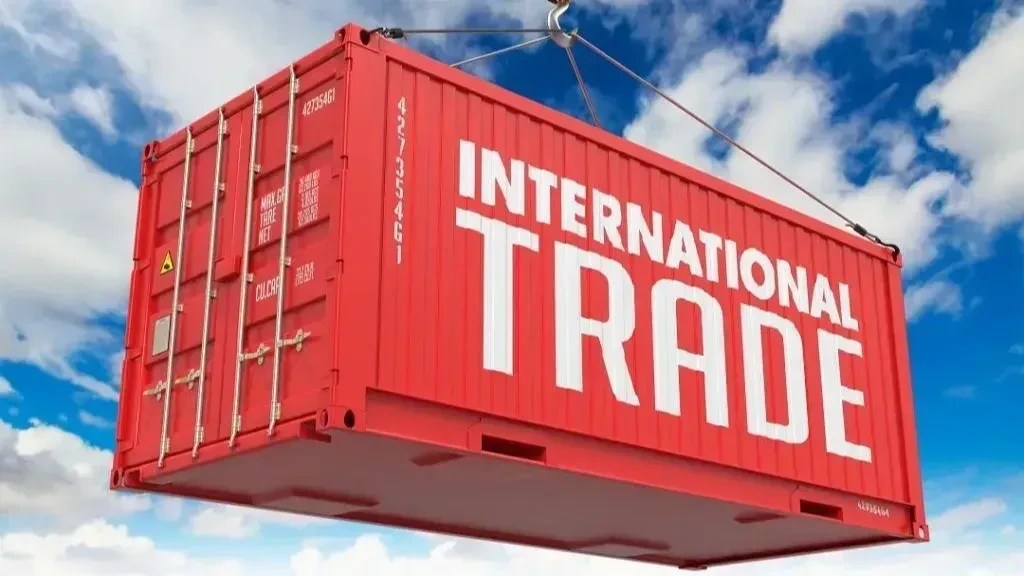
THE United States has announced a significant shift in its engagement with Tanzania, moving from an aid-focused approach to a partnership fundamentally driven by trade and investment. This strategic pivot, revealed during US Independence Day celebrations, aims to foster mutual prosperity through deeper economic collaboration.
US Chargé d'Affaires Andrew Lentz unveiled the new vision, stating, "One of the most consequential changes here in Tanzania is our decision to prioritise trade over aid." He confirmed that USAID will officially close its Tanzania office on September 2, 2025, after 64 years of dedicated service. Responsibility for remaining humanitarian and life-saving assistance will transition to the US Department of State.
Lentz characterised this evolution as a "pragmatic, results-oriented partnership," emphasising that while America's core values of democracy and equality remain steadfast, they will now be expressed through robust economic engagement. He thanked USAID staff and partners for their "deep and lasting contributions," calling their legacy a "strong foundation" for the evolving relationship.
Lentz highlighted the extensive history of US support in Tanzania's health, education, governance, and economic growth, involving agencies from the CDC to the Peace Corps and the Department of Defense. Notable achievements include: US initiatives, particularly PEPFAR, have increased Tanzania’s life expectancy by 15 years and cut new HIV infections by over half. Efforts are also "approaching the elimination of malaria in Zanzibar."
Since 1961, Peace Corps Volunteers have profoundly impacted generations in rural Tanzania, including figures like Mwalimu Nyerere. Joint military training and education programmes have significantly deepened security collaboration with the Tanzania People’s Defence Force (TPDF). Over 7,500 Tanzanian alumni of US exchange programmes are driving innovation and cultural exchange.
Lentz stressed that the US vision aligns with Tanzania's ambitious Vision 2050 and Mission 300, which prioritise industrialisation and inclusive economic growth. "The path forward is not paved by development assistance," he asserted. "It is powered by dynamic private sector growth, shared self-interest, and a level playing field for investors."
He noted growing US company interest in Tanzania’s energy, telecom, mining, agriculture, and tourism sectors. However, he also highlighted existing barriers like regulatory inefficiencies. "While Tanzania’s macroeconomic stability is a strength, I hear too often that market barriers depress investment and squander opportunity," Lentz cautioned, urging that the 2023 commercial dialogue be leveraged to remove these constraints.
Lentz also underscored the vital link between political stability and economic success, stating, "Peaceful, transparent elections are critical to unlocking Tanzania’s full potential as a premier investment destination."
Lentz concluded by celebrating America’s 249 years of nationhood and the enduring 64-year relationship with Tanzania. "A bright future of even greater partnership is within our reach," he declared, urging both nations to "work together and capture it."
This policy recalibration signals US confidence in Tanzania's economic potential and its readiness to foster a more commercially driven partnership for shared prosperity.
Top Headlines
© 2025 IPPMEDIA.COM. ALL RIGHTS RESERVED











